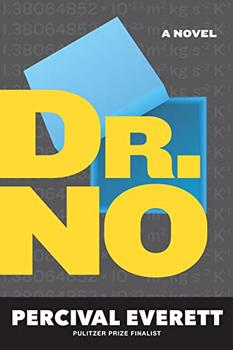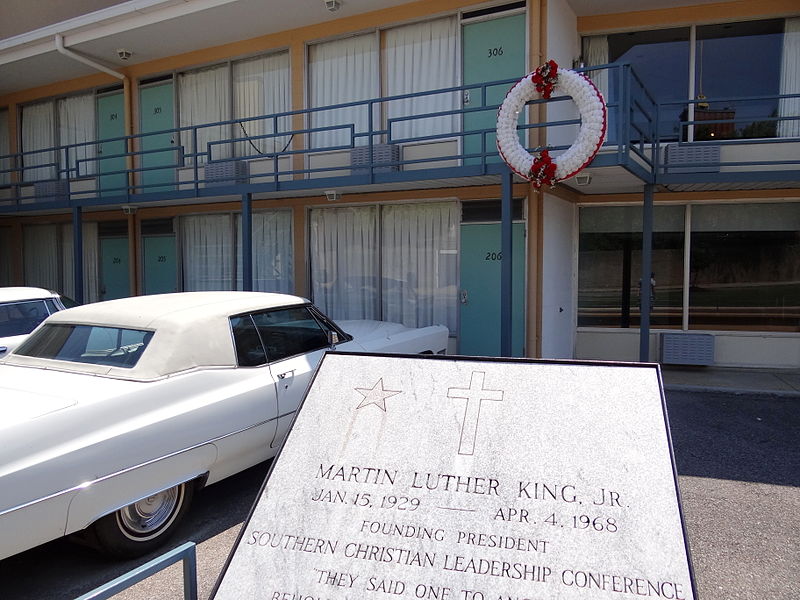Summary | Excerpt | Discuss | Reviews | Beyond the book | Read-Alikes | Genres & Themes | Author Bio

A Novel
by Percival EverettA sly, madcap novel about supervillains and nothing, really, from an American novelist whose star keeps rising.
The protagonist of Percival Everett's puckish new novel is a brilliant professor of mathematics who goes by Wala Kitu. (Wala, he explains, means "nothing" in Tagalog, and Kitu is Swahili for "nothing.") He is an expert on nothing. That is to say, he is an expert, and his area of study is nothing, and he does nothing about it. This makes him the perfect partner for the aspiring villain John Sill, who wants to break into Fort Knox to steal, well, not gold bars but a shoebox containing nothing. Once he controls nothing he'll proceed with a dastardly plan to turn a Massachusetts town into nothing. Or so he thinks.
With the help of the brainy and brainwashed astrophysicist-turned-henchwoman Eigen Vector, our professor tries to foil the villain while remaining in his employ. In the process, Wala Kitu learns that Sill's desire to become a literal Bond villain originated in some real all-American villainy related to the murder of Martin Luther King Jr. As Sill says, "Professor, think of it this way. This country has never given anything to us and it never will. We have given everything to it. I think it's time we gave nothing back."
Dr. No is a caper with teeth, a wildly mischievous novel from one of our most inventive, provocative, and productive writers. That it is about nothing isn't to say that it's not about anything. In fact, it's about villains. Bond villains. And that's not nothing.
Dr. No playfully acts out the question of how meaning is constructed, and of whether there can be a reality independent of perception. "What is the function of identity?" Wala asks his graduate class. "Let's focus on the fact that identification and identity have nothing to do with each other." Naming things gives them power, or life, as Everett narrativized in his previous novel, The Trees, where the act of writing out the names of America's lynching victims causes them to rise from the dead, seeking vengeance and instigating a bloody race war. Like The Trees, which was shortlisted for last year's Booker Prize and won the Anisfield-Wolf Book Award, Dr. No is not a subtle book. Everett isn't afraid to take big swings—to be explicit in his ideas, to literalize, to lose readers in the thickets of mathematicians' logic and theorems...continued
Full Review
(1050 words)
This review is available to non-members for a limited time. For full access,
become a member today.
(Reviewed by Chloe Pfeiffer).
 In Percival Everett's novel Dr. No, a character named John Sill vows to become a "Bond villain" after his parents' deaths, which he suspects are connected to the assassination of the civil rights leader Martin Luther King, Jr. When Sill visits James Earl Ray, the man convicted of murdering King, Ray insists that the FBI was behind the assassination, and that the chief of police pulled the trigger—although he does admit to killing Sill's father. In real life, some theorize that Ray was not King's actual killer but a scapegoat for larger forces.
In Percival Everett's novel Dr. No, a character named John Sill vows to become a "Bond villain" after his parents' deaths, which he suspects are connected to the assassination of the civil rights leader Martin Luther King, Jr. When Sill visits James Earl Ray, the man convicted of murdering King, Ray insists that the FBI was behind the assassination, and that the chief of police pulled the trigger—although he does admit to killing Sill's father. In real life, some theorize that Ray was not King's actual killer but a scapegoat for larger forces.
Martin Luther King, Jr. was killed on April 4, 1968. He was standing on the balcony of his motel room in Memphis, Tennessee—where he was visiting to support the sanitation worker ...
This "beyond the book" feature is available to non-members for a limited time. Join today for full access.

If you liked Dr. No, try these:

by Yoko Tawada
Published 2024
On the heels of Scattered All Over the Earth, Yoko Tawada's new and irresistible Suggested in the Stars carries on her band of friends' astonishing and intrepid adventures.

by Richard Osman
Published 2024
Solving murders. It's a family business.
Never doubt that a small group of thoughtful, committed people can change the world...
Click Here to find out who said this, as well as discovering other famous literary quotes!